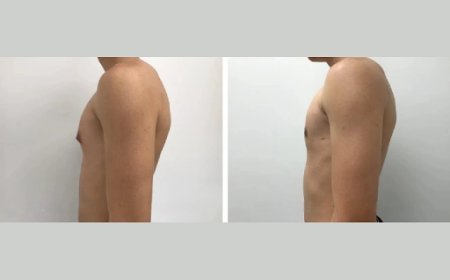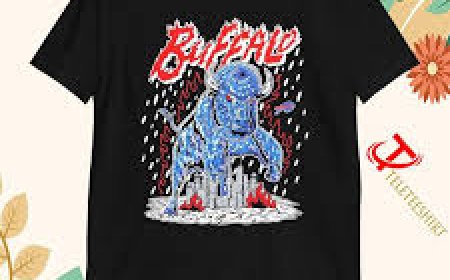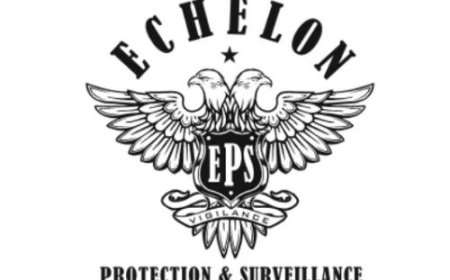How to Track Images Through Facebook
Learn effective methods for Facebook image search to track photos, find original sources, and verify image authenticity using built-in and external tools.
Tracking images on Facebook can be useful for a variety of reasons, whether you're verifying photo authenticity, checking content sharing, or monitoring your brands visual presence online.
With the right tools and techniques, you can trace the origin of a photo or find where it's being used on the platform. This guide will walk you through how to perform a Facebook image search effectively.
Understand Why Image Tracking Matters
Image tracking isnt just for digital marketers; its valuable for individuals, too. You might want to verify a suspicious profile picture, locate similar photos, or find the original post of a shared image. Understanding the purpose behind image tracking helps you use the right methods to achieve your goal.
Real-World Use Cases of Facebook Image Search
Whether it's identifying fake accounts, recovering stolen content, or confirming the source of viral posts, tracking images provides real insights. It also aids journalists and researchers in verifying authenticity in visual content.
Use Reverse Image Search Techniques
Facebook doesnt offer a built-in reverse image search tool. However, you can use platforms like Google Images, TinEye, or Bing Visual Search. By uploading or pasting the URL of a Facebook image, these services help you identify other locations where the image appears.
How to Perform a Reverse Image Search
Right-click the image you want to track and select Copy image address or Save image. Then, visit Google Images and click the camera icon to upload or paste the URL. This will show visually similar or identical images across the web.
Track an Image Directly Through Facebook
While Facebook doesnt provide a built-in reverse image search, you can still track images using manual methods. Start by identifying any text, names, or hashtags associated with the image. Use Facebooks search bar to type in these keywords and filter results by Photos or Posts.
You can also check the image posters profile for original uploads or reposts. In groups or public pages, tracking through comments and shares can also lead you to the original source. This method works best for public content and widely shared images.
Identify Image Metadata
Every photo contains EXIF metadata (date, device info, location), which can be helpful in verifying the origin of an image. While Facebook strips metadata upon upload, original image files can be analyzed before posting.
Tools to Analyze Metadata
Use tools like ExifTool or PhotoME to extract metadata from images. This is particularly useful if you have access to the original file before it was uploaded to Facebook.
Track Shared Content via Facebook Search
Although Facebook image search isn't natively supported, Facebooks search bar can be used smartly. You can search related text, hashtags, page names, or user tags associated with the image. This often leads to posts where the image was originally shared.
Enhancing Search with Keywords
Add descriptive terms or filenames in the search bar to narrow down results. Combine keywords with filters like Posts, Photos, or Groups to find image-related content.
Monitor Your Brand or Content
If you're a brand owner or content creator, its important to track where and how your images are being used. Facebooks Business Suite and third-party tools like Mention and Brand24 can help track engagement and reposts.
Image Tracking for Brands and Influencers
Protecting intellectual property is essential. Keeping tabs on how your images are used helps ensure proper credit is given and detects misuse or impersonation.
Conclusion
While theres no direct Facebook image search feature within the platform, several smart strategies exist. Using reverse image searches, metadata tools, and Facebook's search functionality lets you trace and verify images effectively. This skill is useful for safety, research, branding, and more.
FAQs
Q1: Can I reverse search an image directly on Facebook?
A: No, Facebook doesnt offer this feature natively. Use Google Images or TinEye for reverse search.
Q2: How can I find the original post of a shared image?
A: Use keywords or captions in the Facebook search bar, or check tags and shares to trace the origin.
Q3: Do metadata details help in tracking Facebook images?
A: Only if you have access to the original file, as Facebook strips metadata during upload.
Q4: What tools are best for image tracking on Facebook?
A: Google Images, TinEye, and Bing Visual Search are best. Facebooks own search bar can help, too.
Q5: Why is image tracking important for businesses?
A: It helps protect brand identity, verify usage, and manage online reputation more effectively.


































